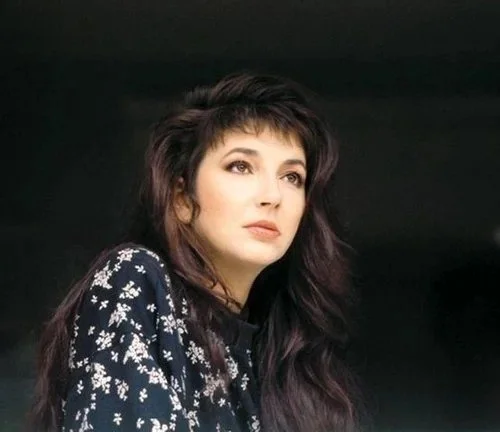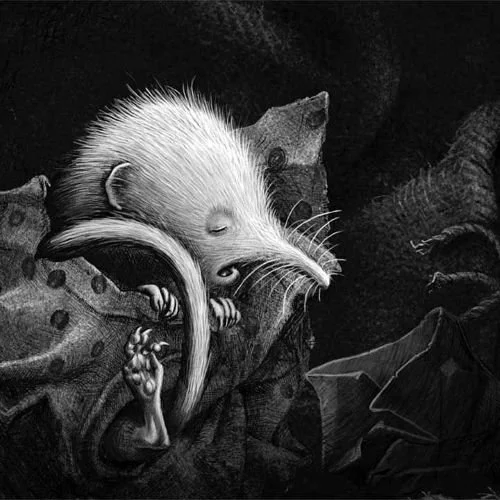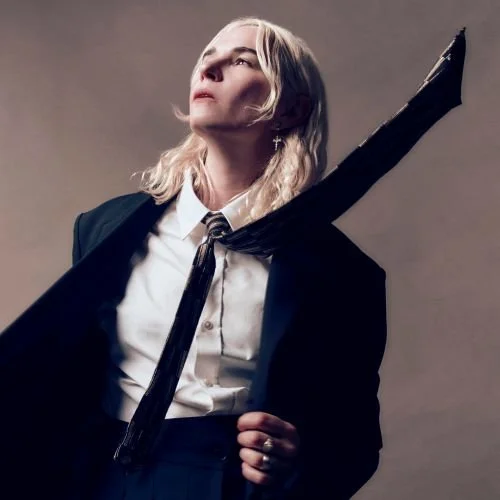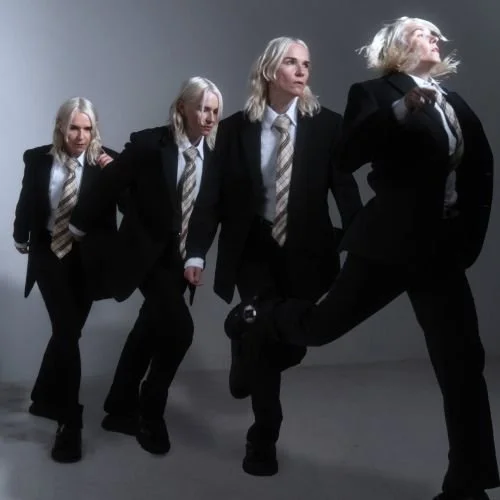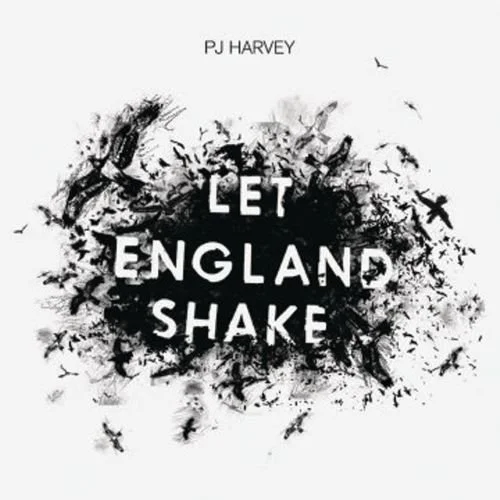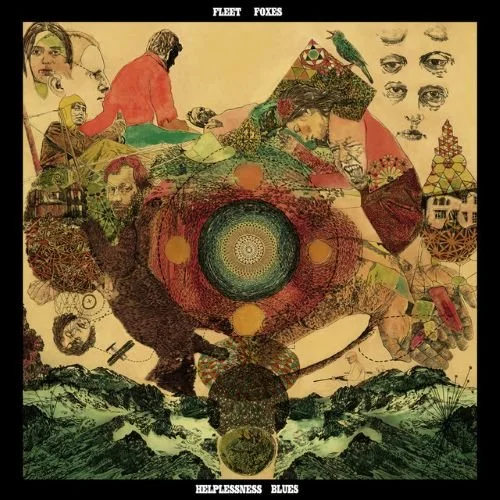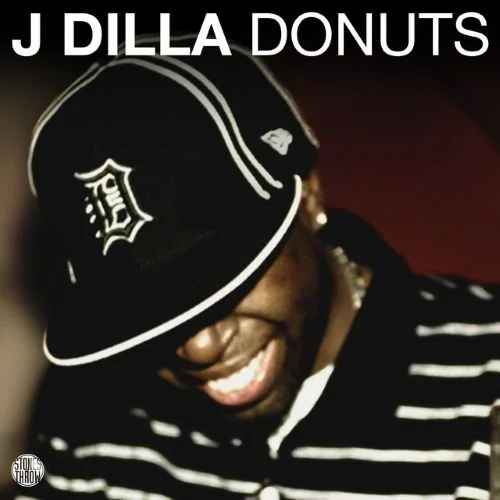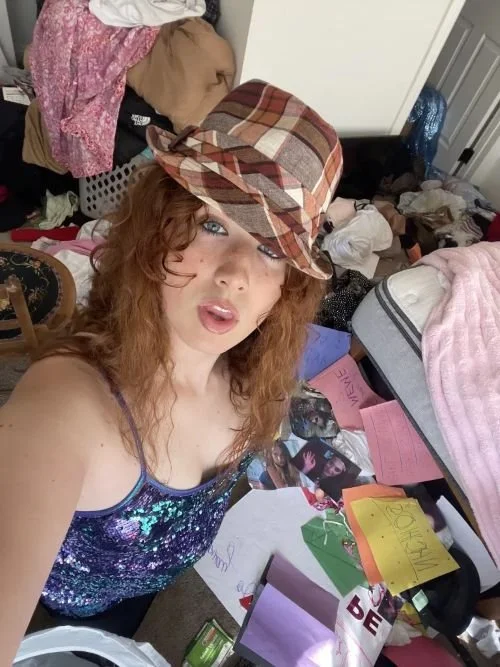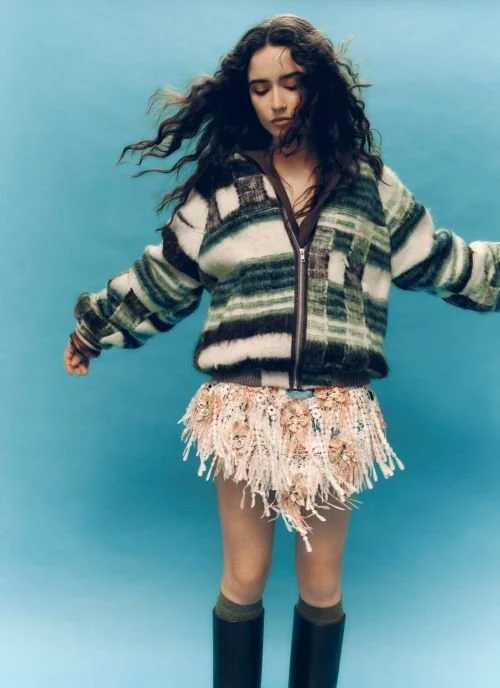I am ending with this review from Original Magazine. If you are fresh to Charlotte Plank, there are some great interviews. Explore more on YouTube. She is such an engrossing and compelling artist. Someone with many years in the industry ahead. ClubLiminal is something truly special. You only need to listen to it once until it is permanently in your head and heart:
“My thing is adding some kind of storytelling over club music,”
she tells Original Magazine. Anyone attuned to the sound of narrative already knows this to be true of the young artist. Her rebellion, giving dance music heart, history, and a heroine, is what makes Charlotte Plank such a compelling new voice on the UK music scene. Her EP is a shimmering blend of cinematic soundscapes, raw emotion, and fierce intent, tracing her evolution not just as an artist, but as a narrator of modern life, femininity, and club culture.
“I guess my whole thing is, I find it hard to write hypothetically, I find it so much easier to write about stuff that’s actually going on in my life or with my friends.”
This frank, deeply felt authenticity pulses through every beat of her newest project. From euphoric bangers like Nightshift to the emotive lyricism of Stargirl, there’s a rare emotional range on display.
Often, Plank achieves this by sealing somber lyrics in an upbeat wrapper. “You can listen to it on a surface level as a club tune and then re-listen to it when you’re coming down on the bus home and be like, ‘oh, I get the lyrics now.’”
It’s little surprise, then, that storytelling runs deep for Plank. “Going back to when I was a little girl, I used to write to a fairy,” she recalls, seated in the garden of her childhood home. “It was like a next-level tooth fairy situation. My mum would always write back, and I think that’s where my storytelling started.”
That imaginative spark never left her. Her debut EP was aptly titled In Her World, a nod to her self-confessed tendency to live “in my own little world all the time. There’s a lot bubbling away under the surface that people don’t always see.”
What bubbles now is a new vision for UK dance music: expansive, literary, intimate. “I like to use a cinematic soundscape, which you can hear across the EP,” she explains. “It adds to the emotional rawness.” Her attention to sound as a sensation is shaped by a background in music technology and a musically rich upbringing. But when asked about her biggest influence, Charlotte credits her mum without hesitation.
“My thing is adding some kind of storytelling over club music,”
she tells Original Magazine. Anyone attuned to the sound of narrative already knows this to be true of the 24-year-old artist. Her rebellion — giving dance music heart, history, and a heroine — is what makes Charlotte Plank such a compelling new voice on the UK music scene. Her EP is a shimmering blend of cinematic soundscapes, raw emotion, and fierce intent, tracing her evolution not just as an artist, but as a narrator of modern life, femininity, and club culture.
“I 100% owe all of this to my mum,” she says fondly. “She brought me up on such a wide range of stuff. From Motown to Stevie Wonder, Otis Redding, Amy Winehouse… even The Cure.”
Plank’s storytelling is both sonic and literal. Every voice note and metropolitan sample is a breadcrumb in her immersive sonic universe. “The other day, my boyfriend recorded me sleep-talking… I used it in a song! I do the same thing with random conversations”.
The wonderful Charlotte Plank needs to be on your radar. Go and follow her and listen to the incredible ClubLiminal. I am excited to see where Plank heads next and what is in store. It is very clear that this amazing talent has a…







